Warning: This post contains major spoilers for The CreatorThe Creator ends with an explosion and a flicker of hope for the A.I. population. The film, directed by Gareth Edwards from a screenplay co-written with Chris Weitz, sees Alphie and Joshua achieve their goals in taking down the US military’s Nomad — but they have to overcome a few obstacles along the way. After the discovery of Maya’s comatose state, Joshua and Alphie say goodbye to her, with Joshua unplugging her life support. She created Alphie to take down Nomad, having been raised by simulants and feeling for them, so Joshua, despite previously believing that A.I. beings aren’t “real” people, decides Nomad must be stopped.
Joshua and Alphie are captured by the US military, and Joshua is asked to kill Alphie, but he only puts her on standby. Joshua and Alphie escape on a shuttle to Nomad to destroy it once and for all. They have to battle soldiers before they can properly set up the explosives. The movie builds to an emotional finale where Joshua's feelings towards A.I. are put into perspective, with the fate of humanity and the war with A.I. taking a new turn. That means The Creator's ending goes in a different direction than potentially expected, as major plot and character revelations come during the final moments.
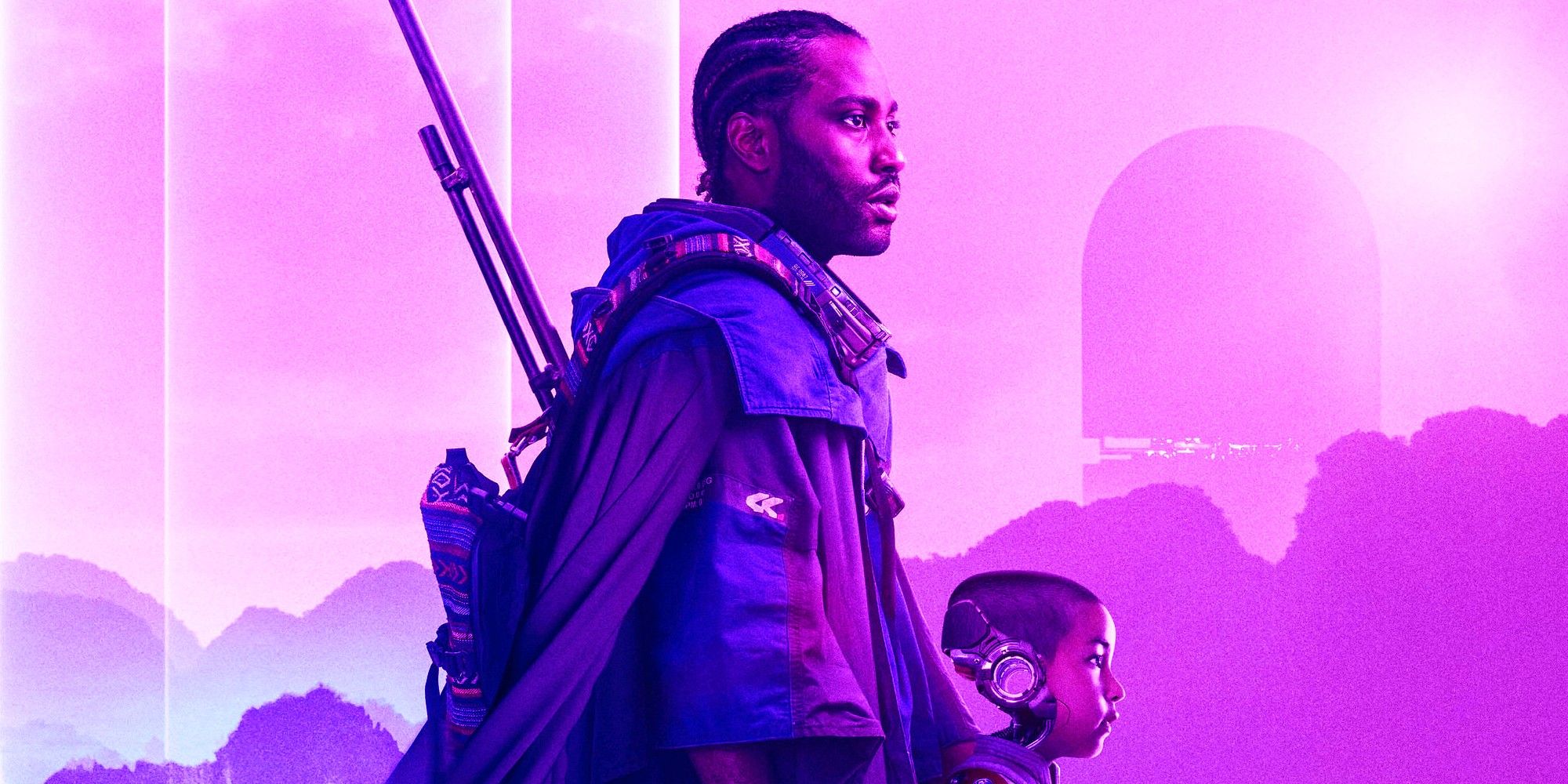
Related
Does The Creator Have A Post-Credits Scene?
The Creator is a new sci-fi movie that is not connected to a franchise, but does it have a post-credits scene setting up the start of one?
Who Was Nirmata?
The Creator's Identity & Plan Explained
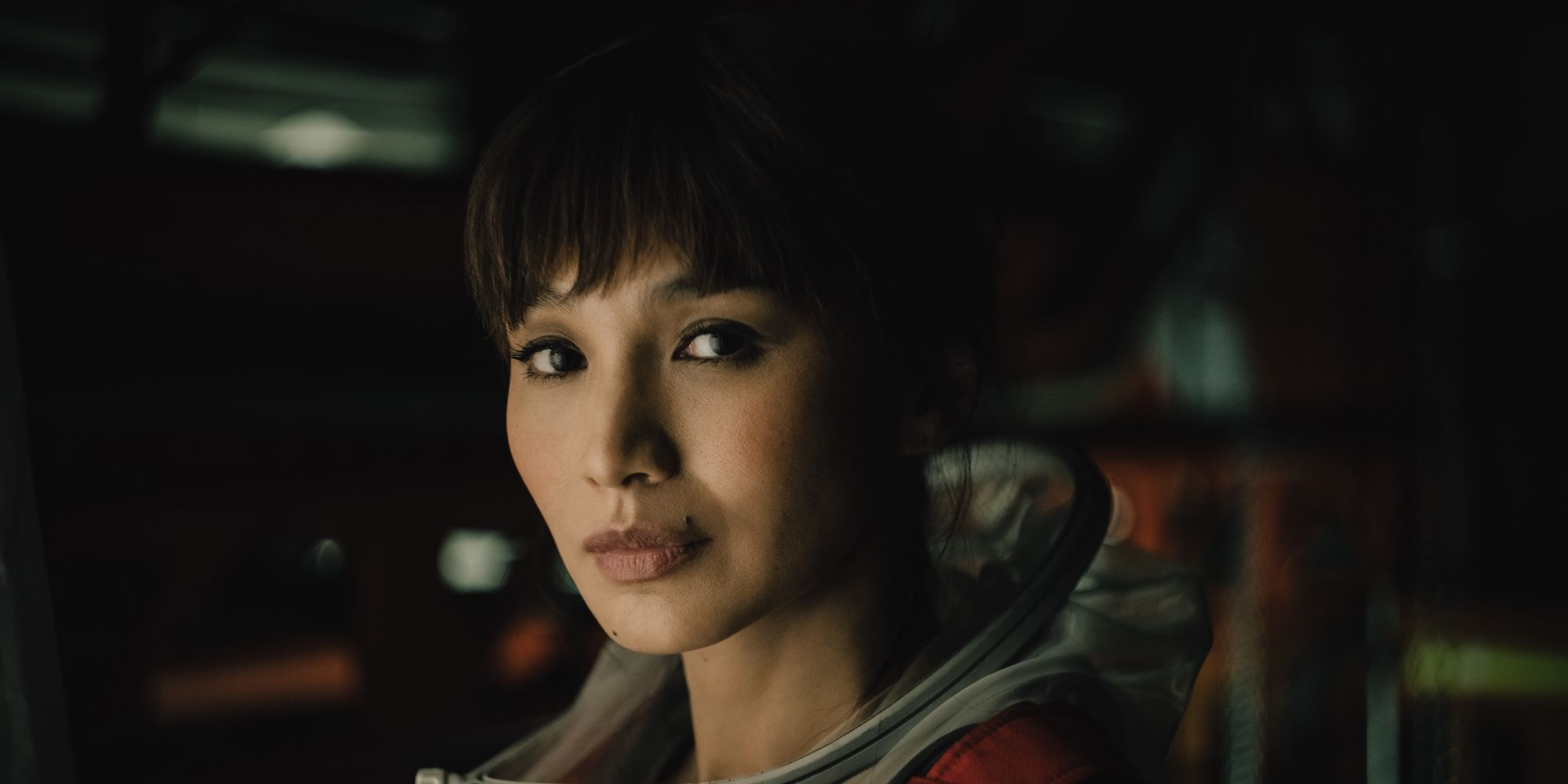
Maya had great sentiment for the A.I. community, as they had taken her in and cared for her. This led to her becoming Nirmata after her father's passing, as he was the original one to hold the title. Joshua does not learn that his wife was the very person his unit was hunting down until years after her death, although his unit learned of this fact the night of the attack that was thought to have killed Maya. Maya lands in a coma after Nomad’s attack, and she remains in one for five years, all while the threat of Nirmata's plan lingers.
Maya's ultimate plan was to ensure Nomad was destroyed for good, as the military had used the space weapon to terrorize simulants for years. Maya’s goal would not have only liberated the simulants, but, combined with Alphie’s existence and abilities, would’ve created a way for the A.I. community to fight back. Maya’s creation of Alphie was the next stage of evolution, as she used her and Joshua's unborn baby as the basis for Alphie's appearance. If previous A.I. beings were simply a copy/paste of humans, Alphie’s ability to evolve mentally and grow her powers would bridge the gap between humans and simulants.
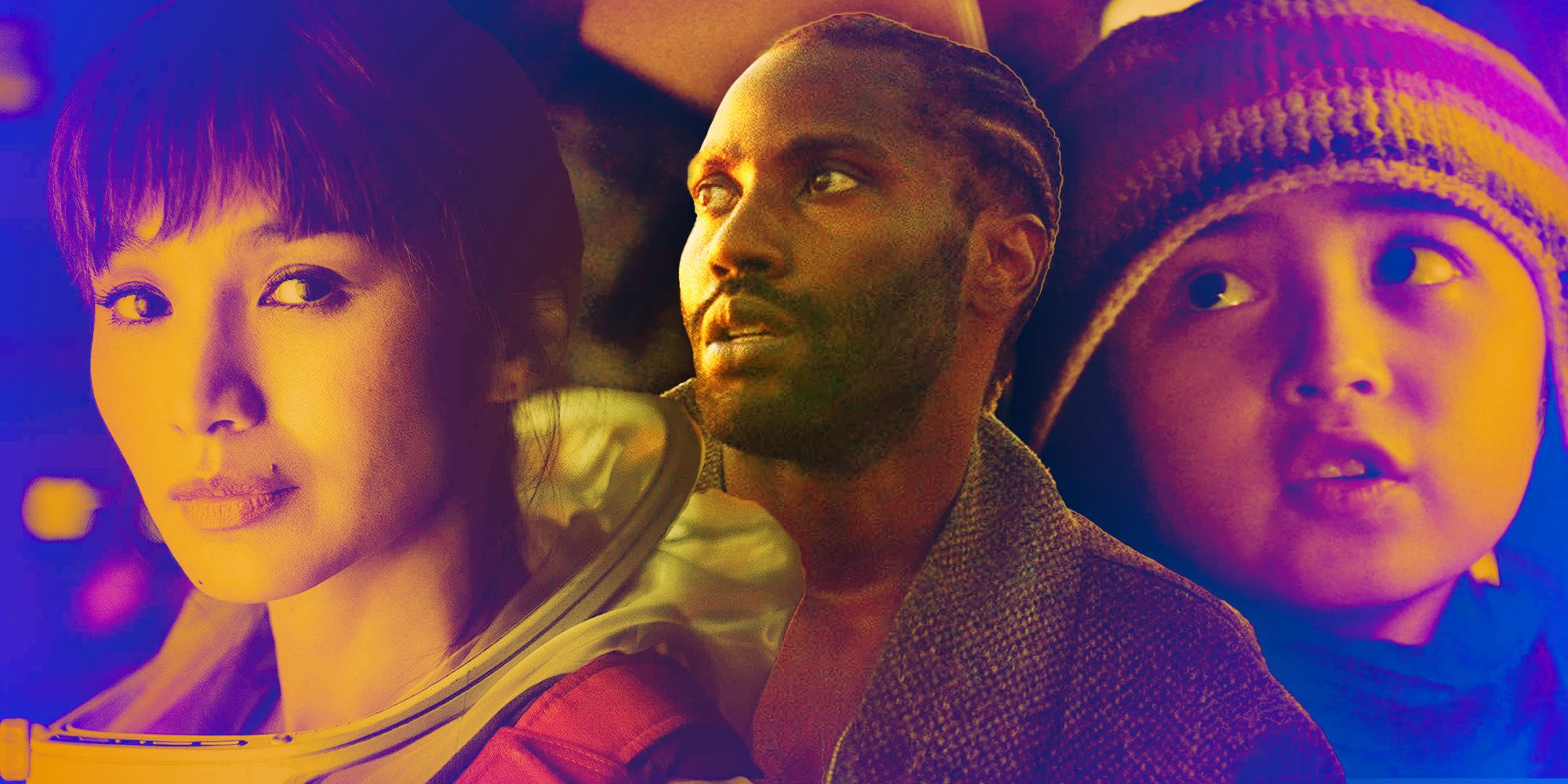
Related
The Creator's Chapter Titles & Meaning Explained
Gareth Edwards' new sci-fi movie The Creator includes three chapter titles - we go into each chapter title, who it refers to, and its larger meaning.
Why Joshua Had To Kill Maya & How She Returns
The Simulants Couldn't End Her Suffering
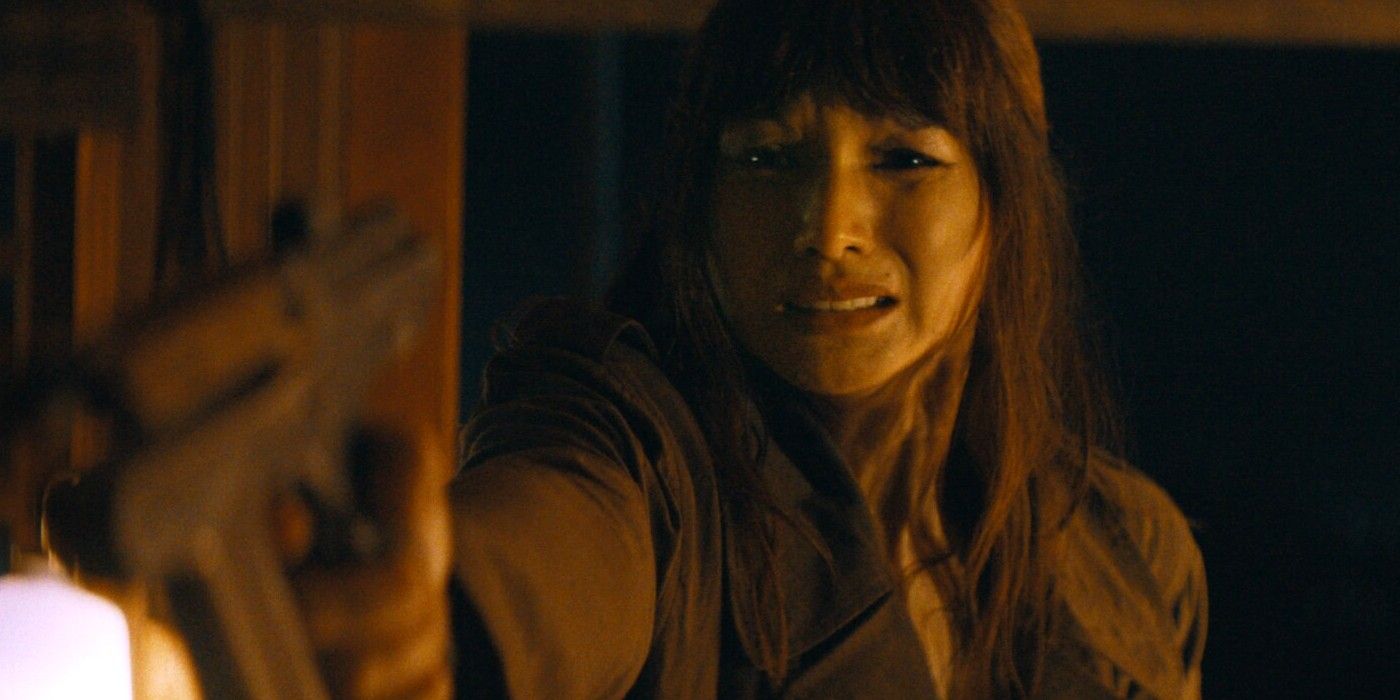
One of the big reveals in The Creator's ending is that Maya did not die during Nomad's attack on Nirmata several years ago. It is revealed that the simulants managed to rescue her, but she was severely injured during the attack, leaving her in a coma. The simulants reveal that they have taken care of Maya in the years since at one of their secret headquarters. This is at least partially due to the fact that it is against simulant programming to kill, so they had to keep Maya alive. That explains why Joshua had to be the one to pull the plug on her life support, allowing her to be at peace at last.
Before Joshua makes the difficult decision to kill Maya after finally finding her, he takes a flash drive with her brain downloaded on it. He and Alphie get a chance to put the memory to use when Alphie finds a simulant with Maya's likeness in the storage on Nomad. Alphie frees the simulant that looks like Maya and incorporates the original Maya's memories with the simulant. This gives the A.I. all of Maya's memories, making the reunion between A.I. Maya and Joshua an emotional moment for both. It is through this act that The Creator toys with the idea that no one truly dies so long as simulants are around.
Why Joshua Sacrificed Himself To Save Alphie & Destroy Nomad
There Was No Other Way To End Nomad For Good
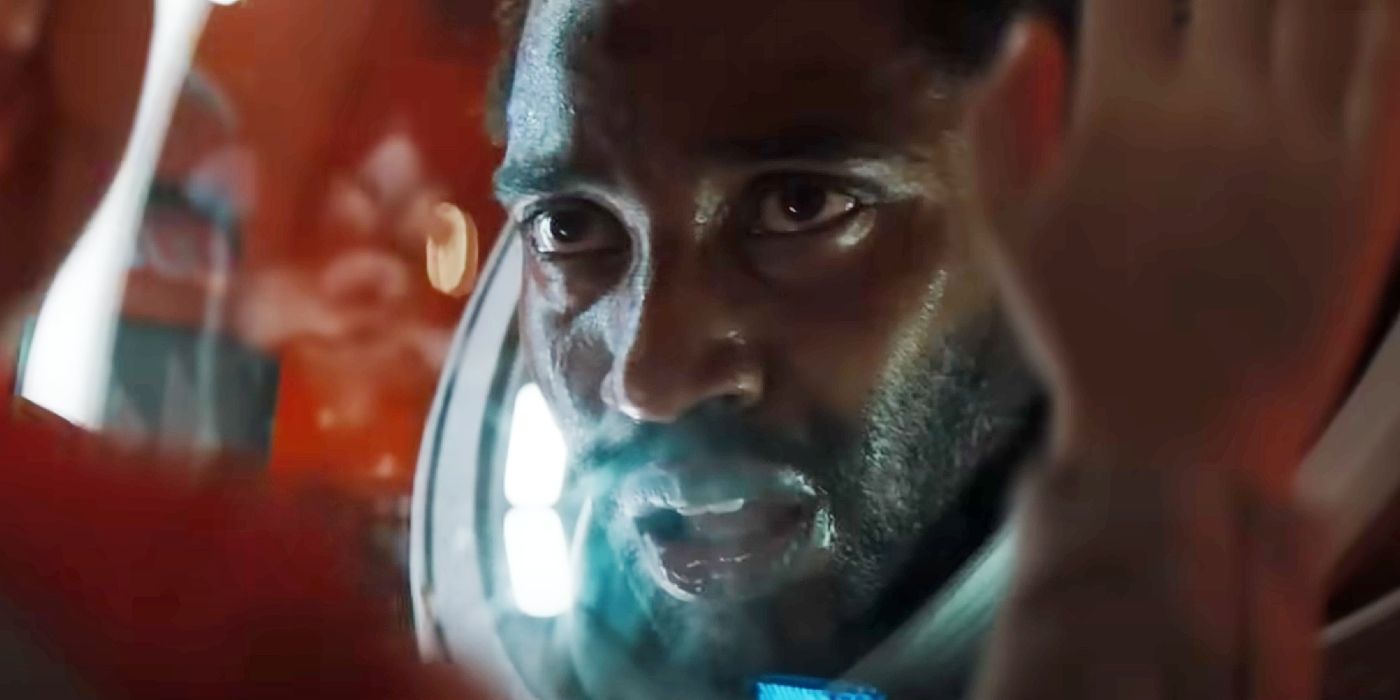
The big decision that comes at the end of The Creator is Joshua electing to sacrifice himself. John David Washington's hero makes the decision to trap Alphie in an escape pod so that she can be returned safely to Earth while he orchestrates the destruction of Nomad. Joshua does this despite Alphie pleading with him not to. He is ultimately successful in sending Alphie back to Earth and arming the final bomb to destroy Nomad, which detonates right as he is reunited with Maya. This is the culmination of Joshua's arc as a character, as The Creator kills its main character as he sees Simulants as his equals.
Joshua originally feels simulants aren’t real people, but his interactions with Alphie effectively change his mind. He sees how feeling, gentle, and protective Alphie is throughout the film, and his emotional bond with her is what begins to steer him away from his initial beliefs. Joshua changing his mind about A.I. shows that people can be moved to reassess a previously bigoted stance. The fact that Joshua grew to love Alphie — not only because she became like a daughter to him, but because of her determination and conviction to love — is a testament to humanity’s own evolution and capacity to love instead of hate.
What Alphie’s Existence & Powers Signal For A.I.’s Future
Alphie May Elevate The Simulant Race
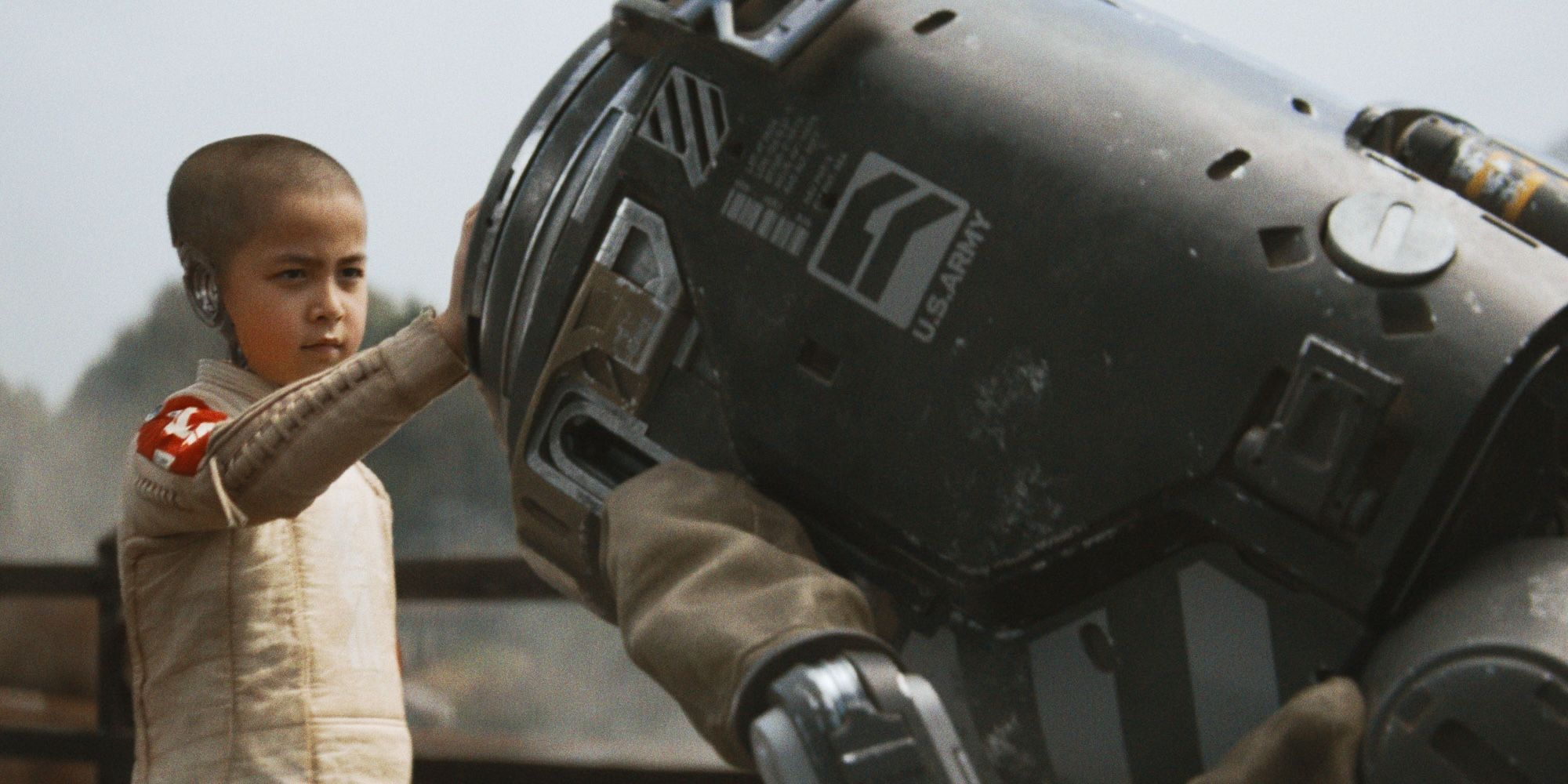
Alphie is unique — the A.I. child is not a copy/paste of code, but an evolving simulant who can feel and empathize, as well as develop powers that can control any kind of tech. That’s huge for A.I., and Alphie’s existence could bring a great deal of advancement regarding A.I. functionality. It’s possible Alphie's powers and abilities will be replicated or studied in a bid to help evolve the simulants. Alphie is essentially the next step in A.I.’s future, and learning more about her specific functionality could be a game-changer in the way the A.I. community handles attacks from the likes of Nomad, should they happen.
Alphie’s abilities could also raise the question of A.I. having too much power, but it isn’t something the film fully explores.
Such advancements could also change how the simulants interact with society. While the A.I. are more integrated throughout New Asia, Alphie being the bridge between humanity and simulants could uplift them and give them more power within their human relationships, jobs, and other areas of their daily life throughout the world.
Now that Nomad is no longer an issue, Alphie’s presence and power is no longer a stand-in for hope — it can change the perception of A.I. and their global standing, allowing them to evolve even further than before. Alphie’s abilities could also raise the question of A.I. having too much power, but it isn’t something the film fully explores.
Why Colonel Howell Lied To Joshua About Maya Being Alive
The Deceit Helped Her Achieve Her Goals
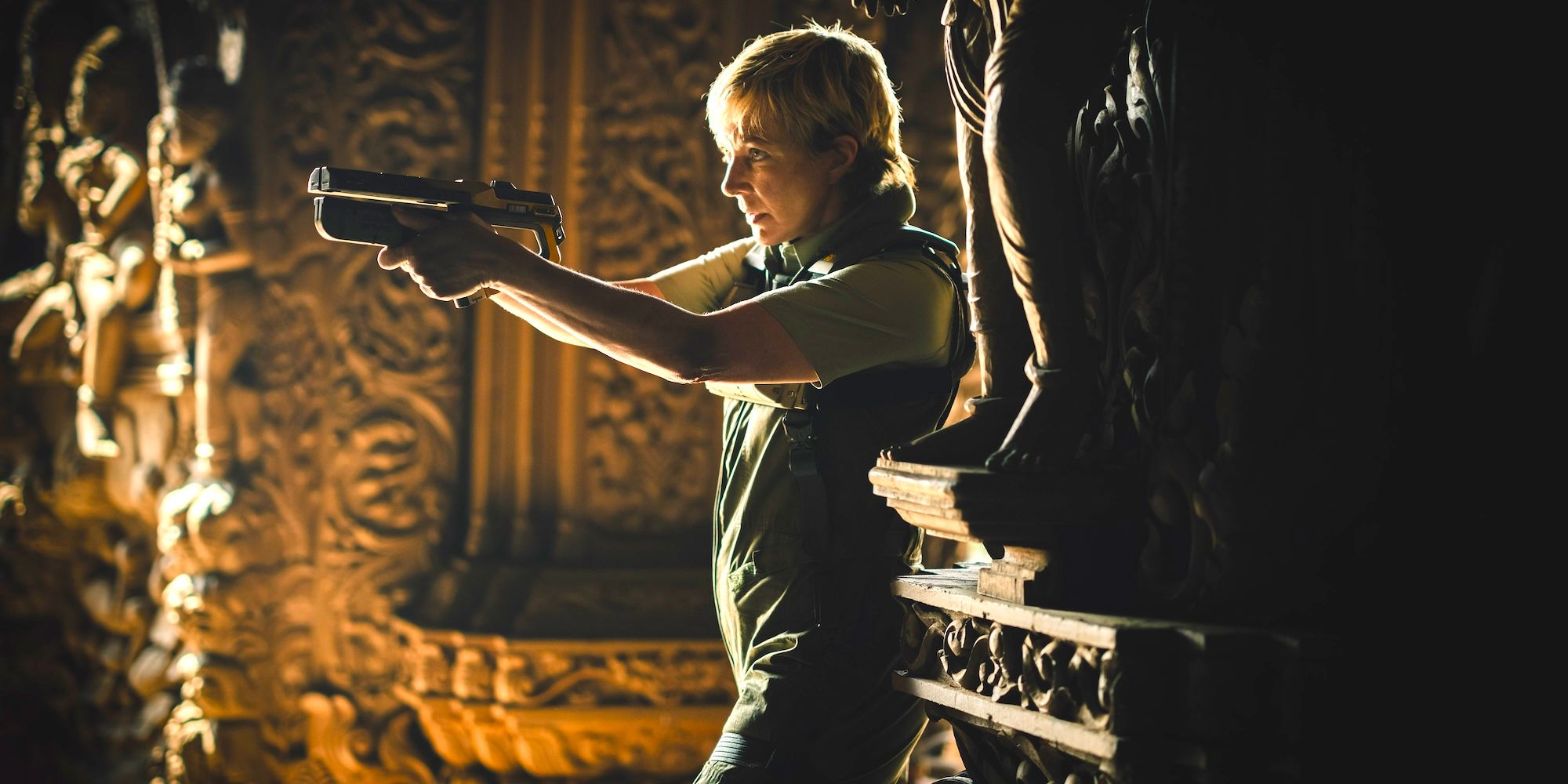
Colonel Howell had one mission — destroy all A.I. at any cost. Lying to Joshua about Maya’s fate was a necessary evil. She didn’t care about Joshua, and was probably annoyed he’d grown to love someone she saw as the enemy. However, that didn’t mean Howell was about to throw away the opportunity to exploit Joshua’s emotional connection with Maya.
Howell knew the only way to obtain Maya’s weapon was through Joshua — he was capable of gaining trust, and determined enough to find his wife that he’d be willing to do whatever it took. It was also these attributes that ultimately backfired on Howell, and she paid the price for it.
Who Really Started Humanity's A.I. War In The Creator
The Conflict Could Have Been Caused By A Coding Error

The Creator's entire story revolves around the premise that humanity has been at war with A.I. for the last several years. The movie begins by stating that this was due to the A.I. bombing Los Angeles 10 years before, igniting a huge war that is still ongoing. For the majority of the film, this is treated as a fact, but The Creator briefly indicates that this is not the real truth. While changing the truth is one of the great fears of A.I., Harun (Ken Watanabe) mentions at one point that the Los Angeles bombing was actually a human coding error, not an A.I. plan.
Considering The Creator never reassesses this new piece of information and it only comes from a single character, there could still be some doubt about what the actual truth is behind how the war started. However, the movie takes a mostly A.I.-friendly and anti-humanity approach to its themes and storytelling. This would then indicate that Harun is telling the truth about the war's origin. In that case, it would seem that America covered up its own mistake and used it to launch a war under false pretenses.
How The Creator’s Ending Sets Up A Sequel
An A.I. Revolution Might Be Brewing
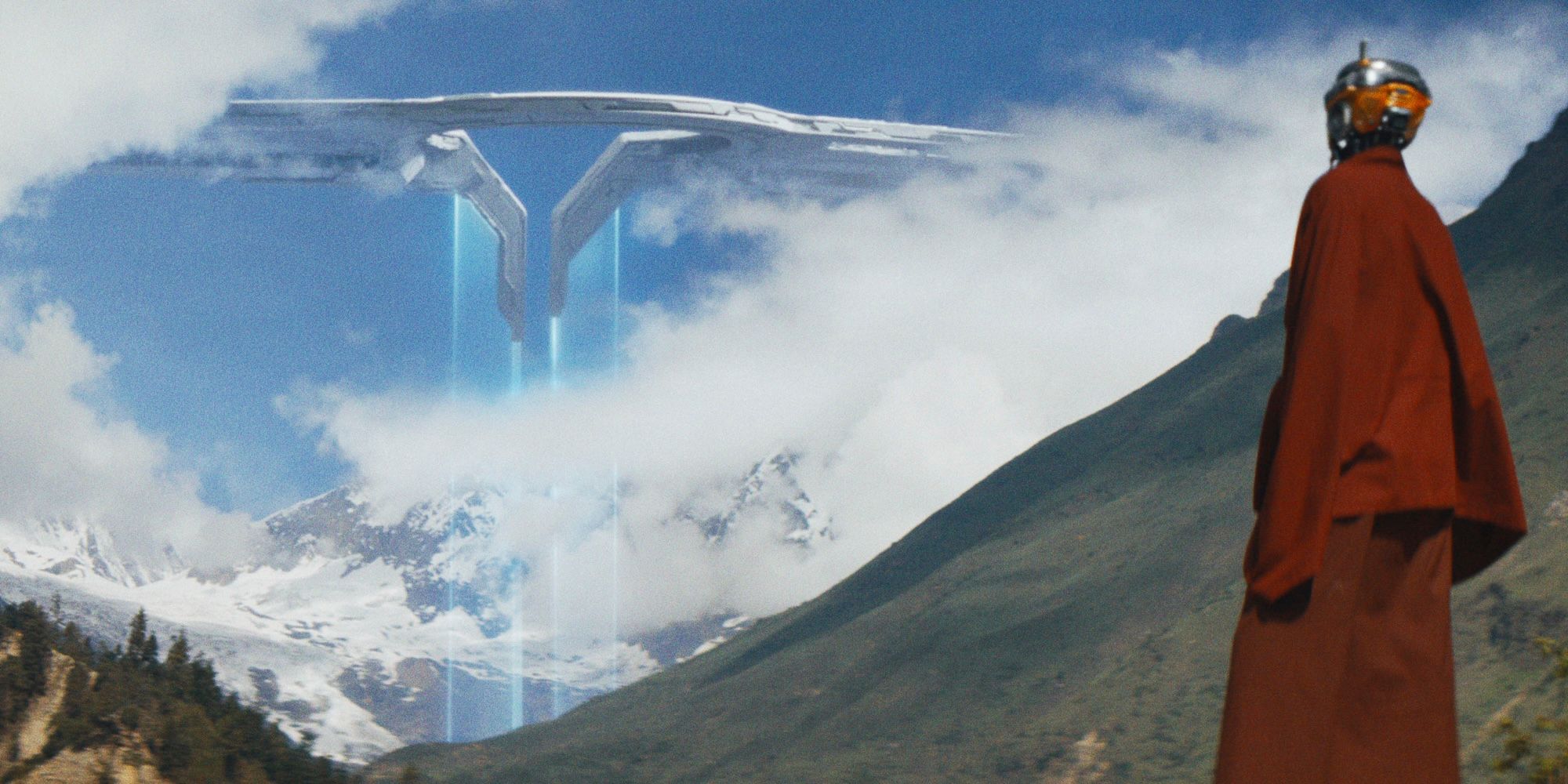
With Nomad destroyed, and Alphie surviving but alone in the world, The Creator 2 could bring about a full revolution for the A.I. community. Nomad being gutted could also mean the US will prepare to retaliate, perhaps by building another Nomad (or something even more destructive), and a sequel to The Creator could tackle what that could mean for the simulants. A sequel could also chronicle what happens to Alphie in the aftermath of Nomad’s destruction, and how she might aid the A.I..
She’s likely to adopt them as her family and continue to fight for A.I. liberation. Alphie saw what Nomad was capable of, and witnessed the hatred simulants face firsthand. The Creator sequel could follow the next step in Alphie’s life, how her powers will affect A.I.’s future, and what comes after now that Nomad is no longer a threat. Currently, The Creator director has no plans for a sequel, but if there ever is one, Gareth Edwards has plenty of material to work with.
What Gareth Edwards Has Said About The Creator's Ending
The Director Opts For An Optimistic Interpretation
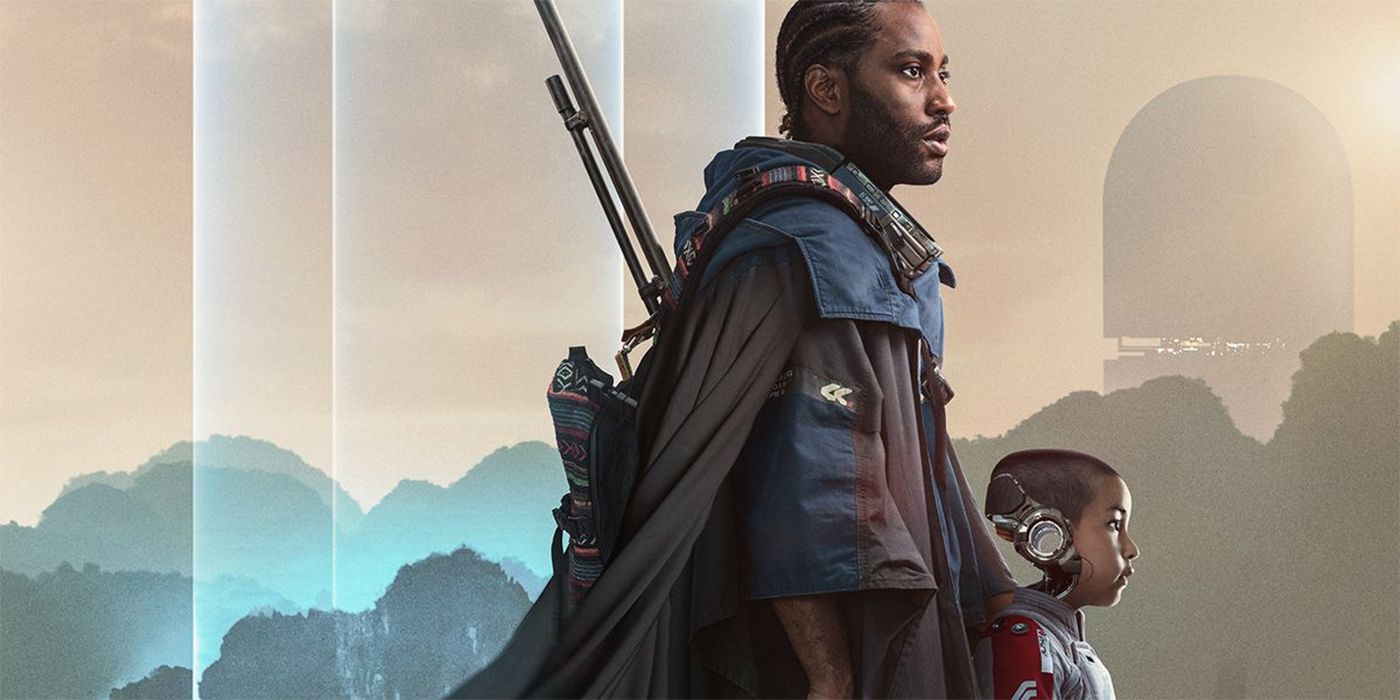
The thematic readings of The Creator are debatable to a certain extent, but that should come with the filmmaker's intentions factored in. Gareth Edwards has shared a few thoughts about what The Creator's ending was meant to convey through the ambiguity. This included confirming that he always intended for there to be an "optimistic view" for where the story ends, one that even signals "there's going to be world peace" based on comments made to Inverse.
However, he acknowledged that he actually likes that some viewers have felt "a bit of sinisterness" with the ending. As for his definitive answer about what The Creator's ending means, he said, " I don't know the answer, it's up for grabs really." This means that viewers are free to come to their own conclusions regarding what Edwards' movie is trying to say about the world, humanity, A.I., and other topics. Furthermore, it makes examining these elements all the more worthwhile knowing how he originally viewed the movie's thematic core and message.
The Real Meaning Of The Creator’s Ending
Themes Of Bigotry And Prejudice Are The Central Message In The Creator
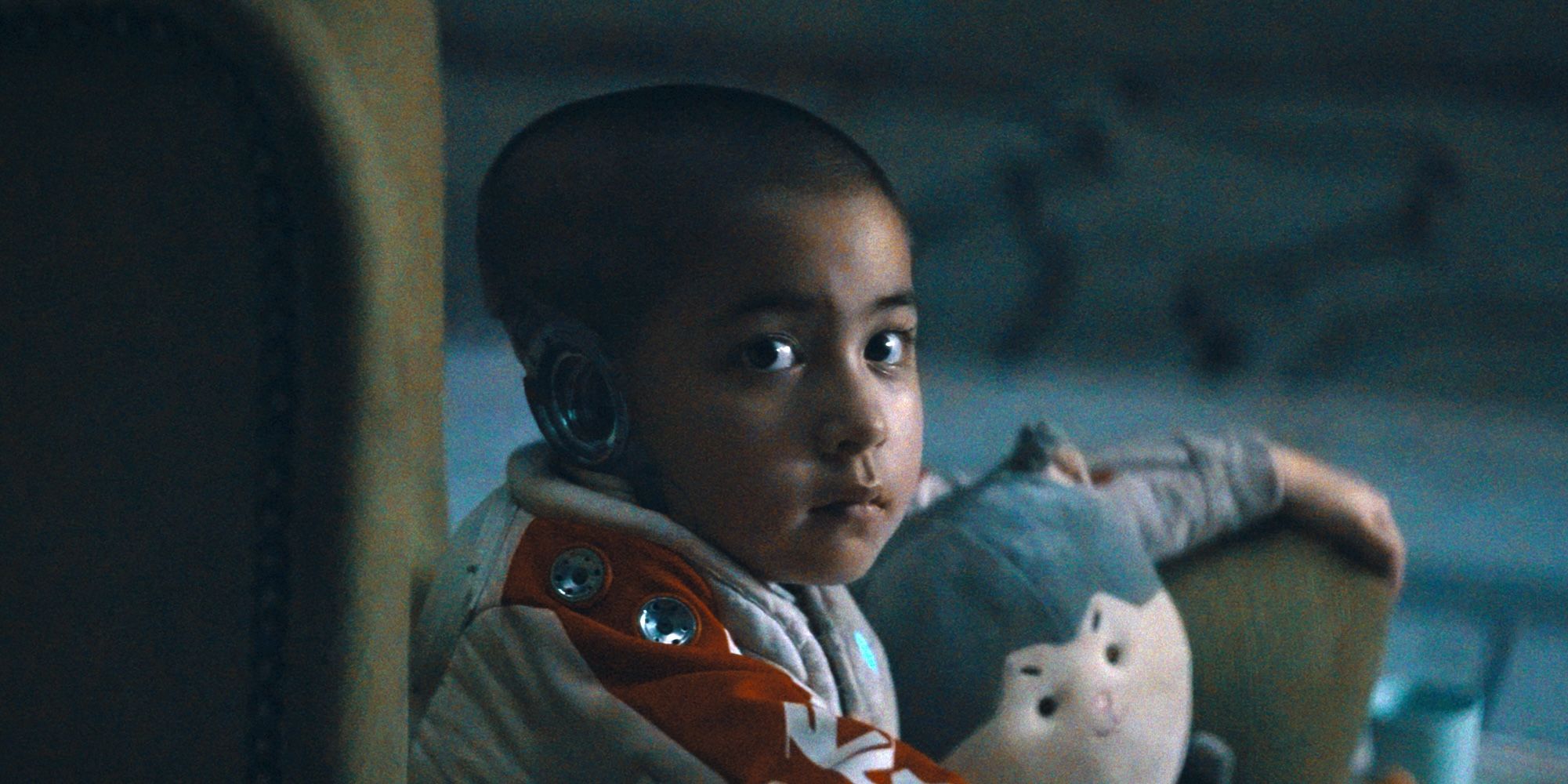
While The Creator hits close to home regarding the rise of A.I., it’s also a metaphor for bigotry, as it showcases the way in which certain groups are dehumanized and made to feel inferior simply because of who they are. The simulants in the film are treated like second-class citizens, created to work for humans. Even after they’ve evolved to create communities for themselves, they’re never considered or treated as anything other than robots — this designation surfaces despite their integration into society. They’re simply seen as a danger, and The Creator warns against such treatment. Simulants are stand-ins for the world’s disenfranchised, and the dehumanization they face by society.
What's more, The Creator also acknowledges the use of A.I., and how its rise in society is ultimately inevitable. While it's tough to imagine A.I. having consciousness, it's not the first film to tackle artificial intelligence as advancing beyond anyone's imagination. However, the film establishes simulants not as a danger, but as an evolution of early A.I. that poses no great threat beyond whatever they're programmed to do; any real threat is in the coding, with the film showcasing that human actions are more damaging than anything A.I. could actually do.
How The Creator Ending Was Received
Views On Every Aspect Of The 2023 Sci-Fi Were Divisive
Mostly the response to The Creator was positive when it released in 2023, with many critics pointing out its visuals as especially noteworthy. However, audiences warmed to it much more than professional reviewers, as evidenced by its 76% Popcornmeter (audience) ranking vs. it's 68% Tomatometer (critic) scores on Rotten Tomatoes. However, while the stunning sci-fi effects were widely praised, so too was the story and ending of The Creator by several critics.
For example, critic Alex Godfrey in his review for Empire has nothing but praise for the narrative of The Creator. As he points out in his review, it clear that the message behind the movie is perhaps more important than the particulars of the plot. The story and finale are designed to create thought and conversation rather than simply entertain - and to Godfrey and many other critics, this works incredibly well for The Creator:
"Gareth Edwards’ distinct vision permeates every frame of The Creator , and how exciting it is to see a big genre blast that feels free of interference. Above and beyond all the futurism, this is thoughtful sci-fi, with ethical conundrums and moral mindf***s, a story that asks what it is to be human in a world where robots often have more humanity than people. The plot — in which a formidable AI weapon, a sensitive young ‘Simulant’ kid (played emotively by seven-year-old Madeleine Yuna Voyles), is shepherded through war zones by a conflicted US sergeant (the ever-compelling John David Washington) charged to kill it — twists and turns, beginning more binary before diving into shades of grey. Written by Edwards before further drafts from Chris Weitz, it blends its mechanical explorations with Eastern philosophy, aiming to question and provoke rather than simply dazzle and thrill."
Those with an appreciation for cerebral plots in their sci-fi enjoying The Creator's story, ending, and the messages that come with it is a common thread among the responses to Gareth Edwards' movie. There were also many critics who didn't warm to The Creator too, of course, such as Roger Ebert critic Christy Lemire. For Lemire, the themes and philosophizing of the 2023 sci-fi movie were far from endearing. What's more, Lemire felt that the ending of The Creator could have (and should have) come at several different points:
"Edwards clunkily balances serious notions of what it means to be human with impressive, explosive action sequences, as “The Creator” keeps going and going with multiple endings. By the time Joshua finds himself risking his life amid a massive, climactic set piece, you may find yourself wondering what exactly he’s doing there, so convoluted is the film’s logic. Despite the film’s early promise, you might wonder ultimately what you’re doing there, too. "
Ultimately the ending of The Creator doesn't seem to factor much into whether a critic or viewer will enjoy the film or not. If they're a fan of introspective cerebral sci-fi, then they responded positively to the movie, and felt it was a fitting climax. If The Creator isn't to their tastes, then the ending will, understandably, be seen as yet more question-creating exposition when a firmer wrap-up of the narrative is needed.
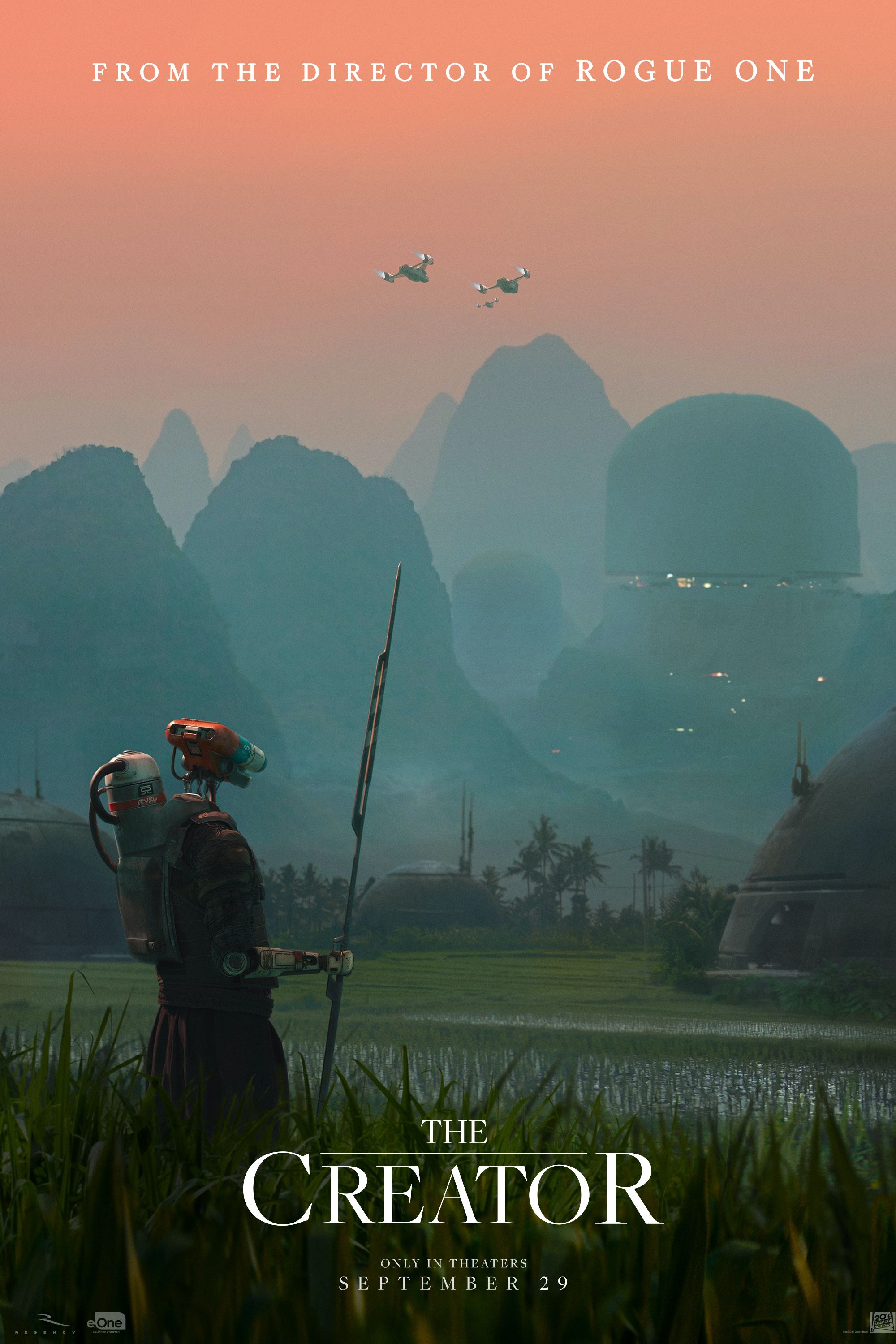
The Creator is a sci-fi action film from Rogue One director Gareth Edwards. Edwards wrote and directed the movie, which centers on the human race's war against AI. In the post-apocalyptic world, Joshua (John David Washington) is tasked with finding and killing the architect of the dangerous AI and the mysterious weapon they are developing.
Release Date September 29, 2023
Runtime 123 minutes
Director Gareth Edwards

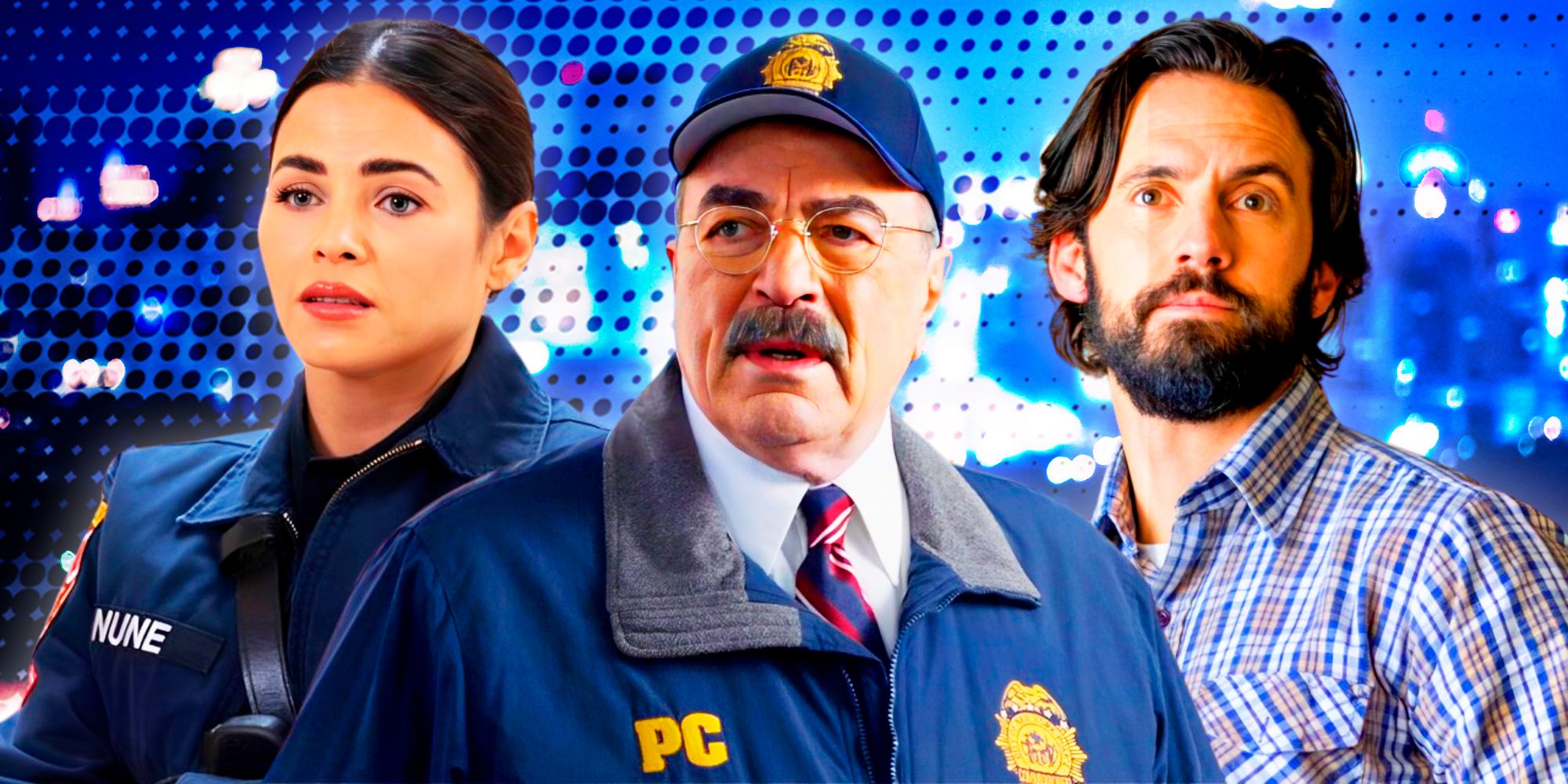
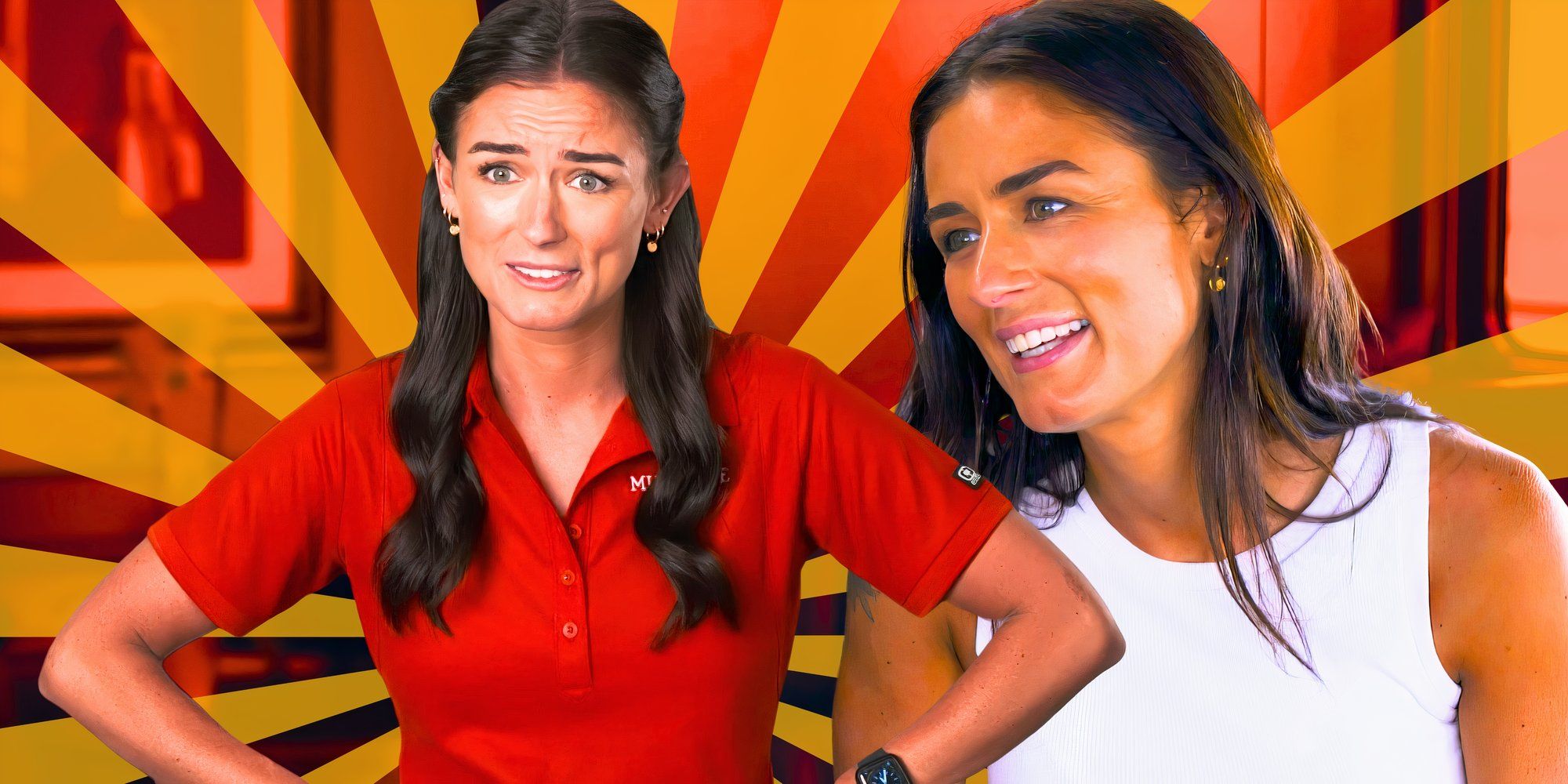
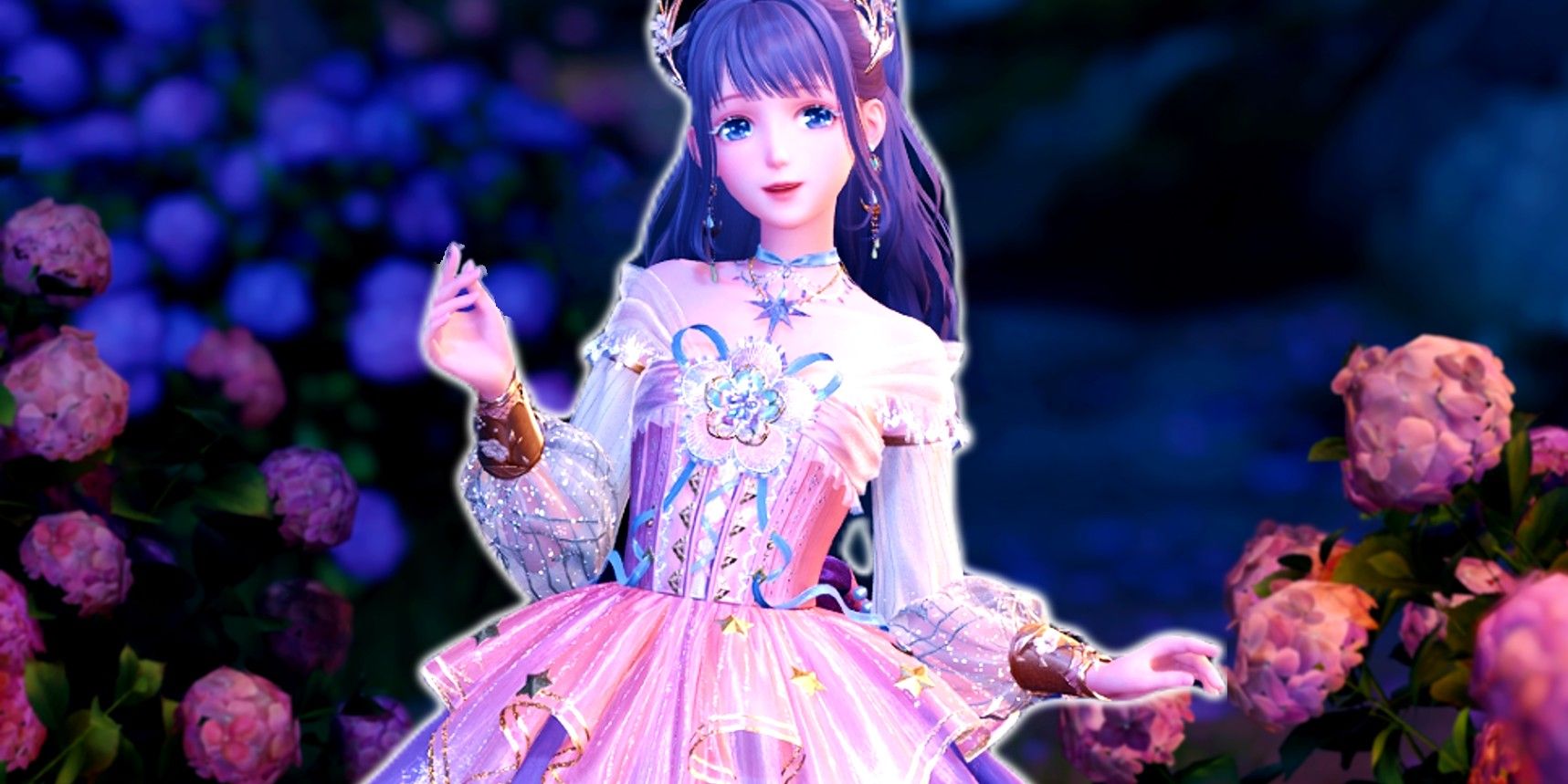

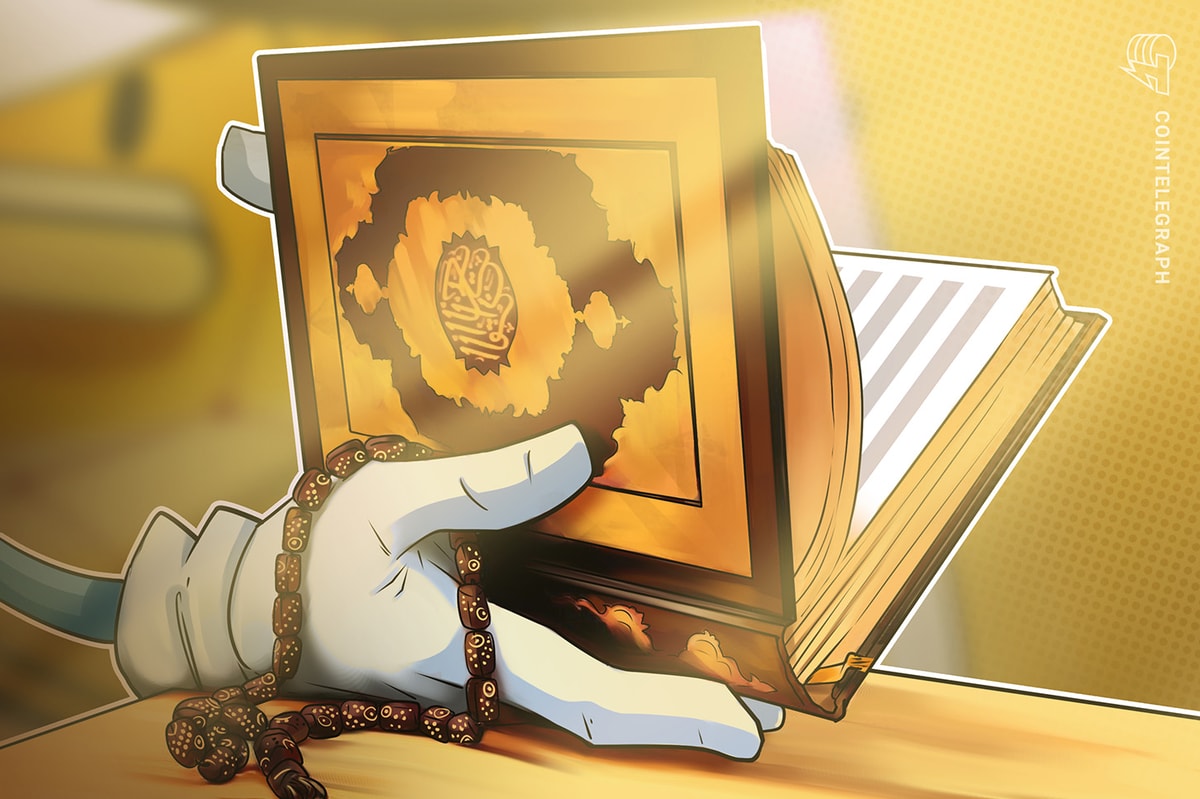

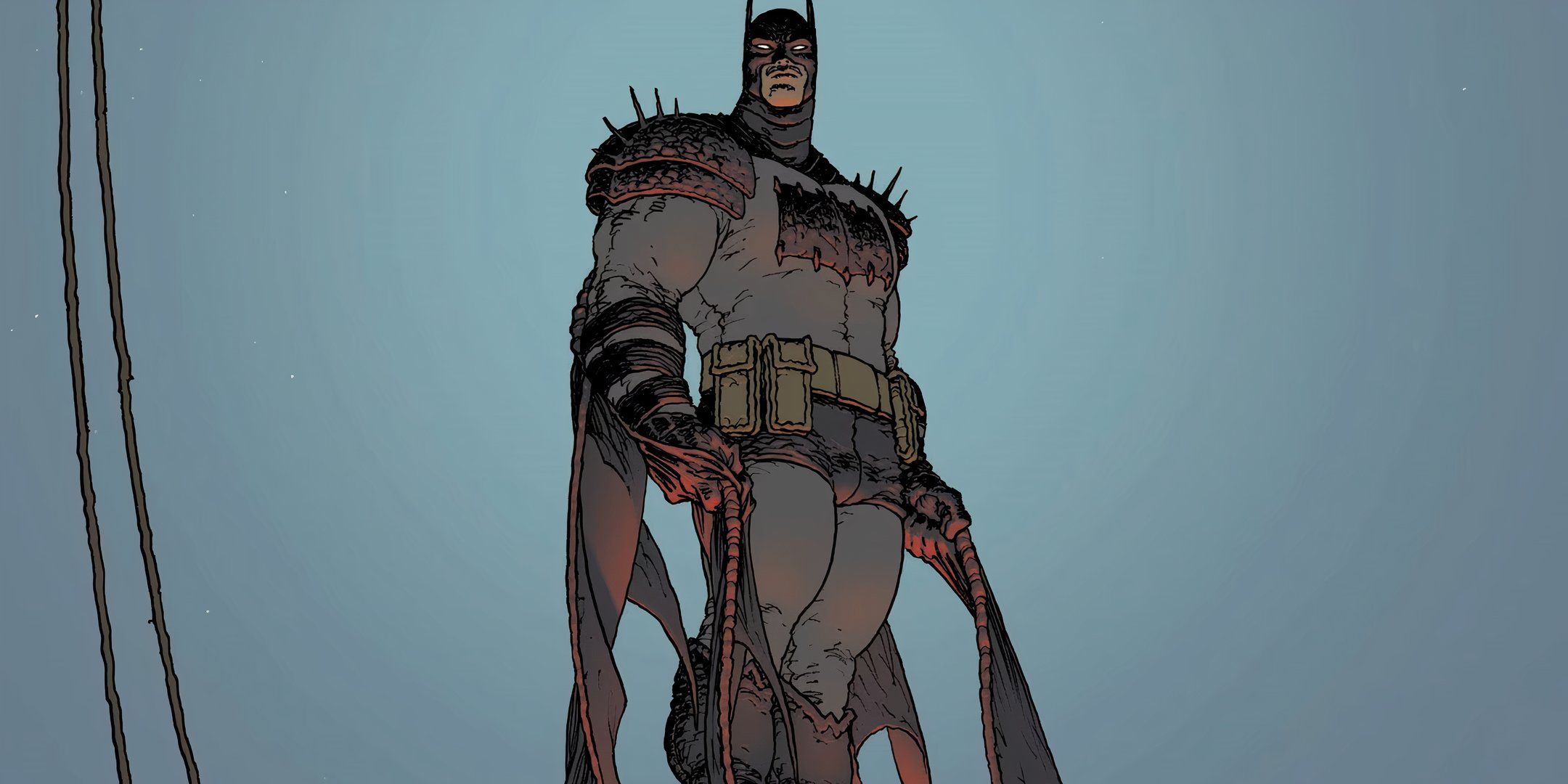

 English (US) ·
English (US) ·